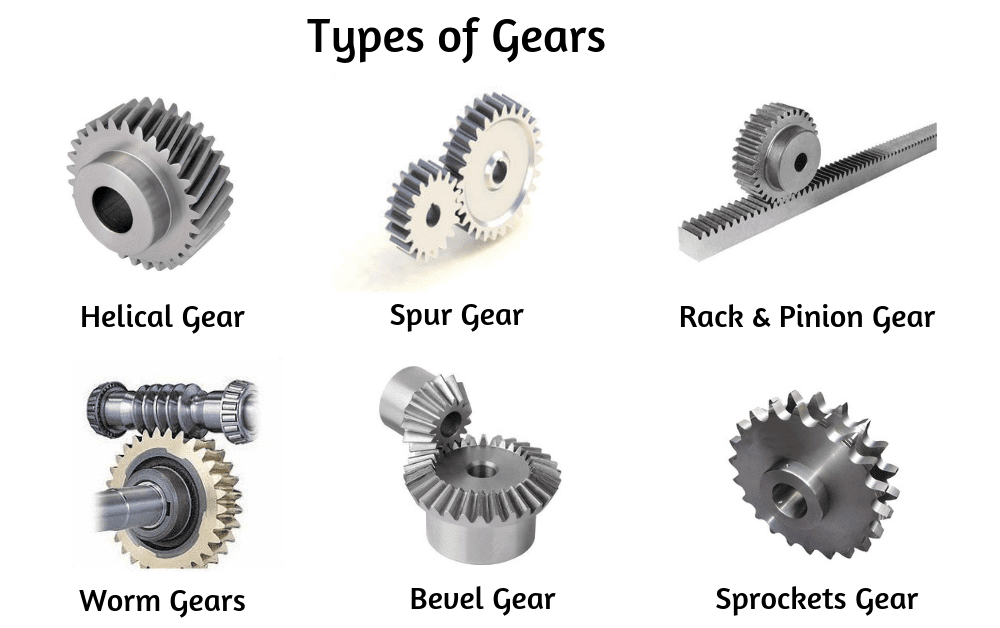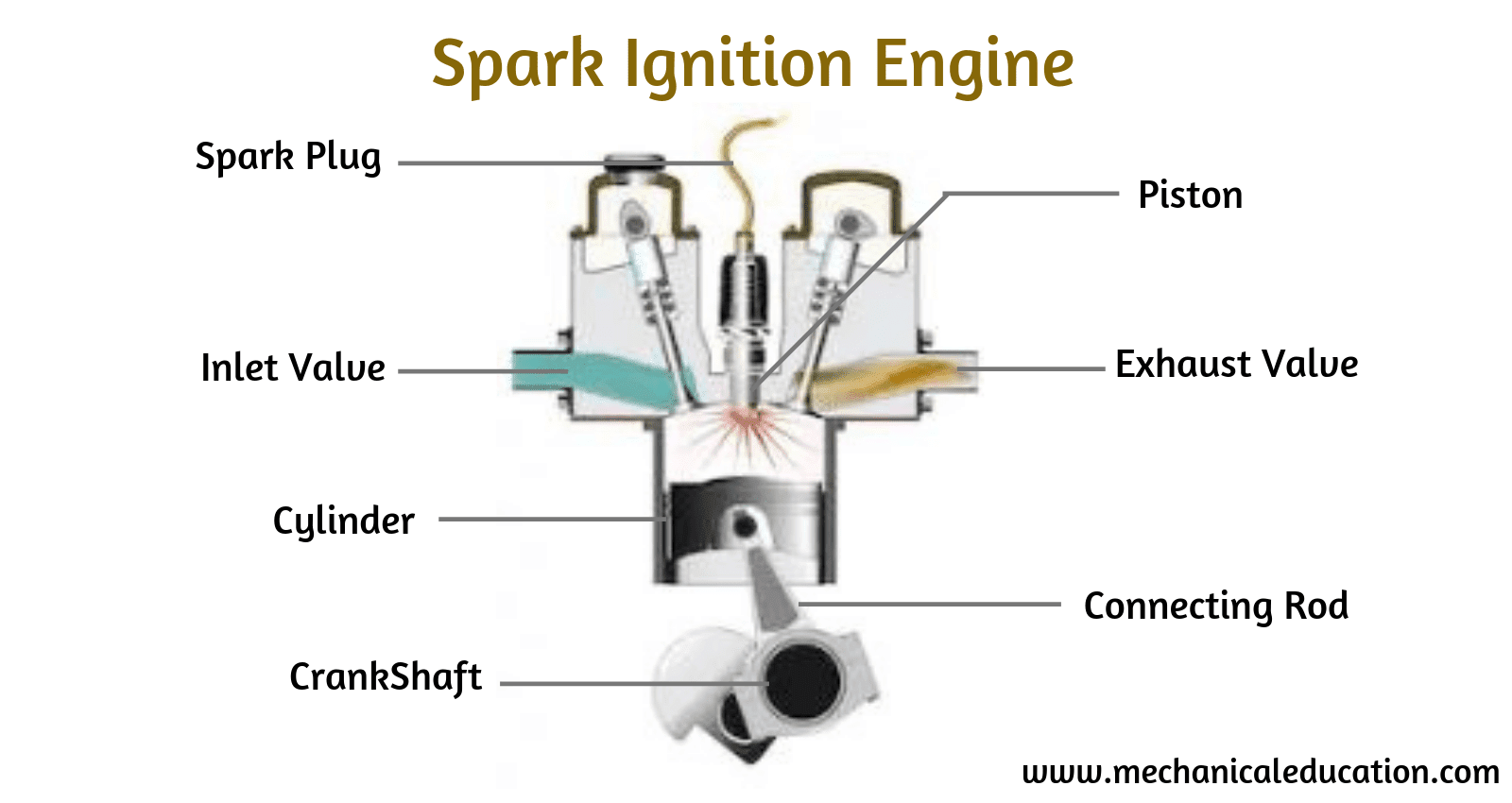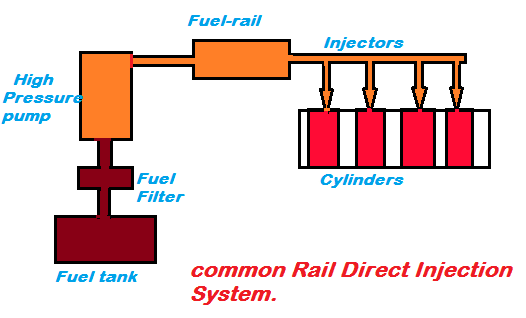Introduction: The oil filter is essential for keeping your engine running smoothly and efficiently. It plays a vital role in preventing dirt and debris from entering the engine, which can cause serious damage. Regularly changing the oil filter is one of the most important maintenance tasks that you should do for your vehicle to keep it running properly. Let’s take a look at how an oil filter works and why it’s so important to maintain.
What Does an Oil Filter Do?
The oil filter sits between the engine block and the oil pan, catching contaminants as they pass through. These contaminants can include dirt, dust, debris, and metal particles that have been generated by the engine over time. The filter catches these contaminants before they can enter the engine, which helps to prevent damage and reduce wear and tear on the internal components of your vehicle.
When Should I Change My Oil Filter?
It is recommended that you change your oil filter every 3 months or 3,000 miles (whichever comes first) to ensure that it is working correctly. Over time, the filter will become clogged with debris which prevents it from doing its job properly. This buildup of debris will eventually lead to poor performance issues such as increased engine wear-and-tear or decreased fuel efficiency. If you want your vehicle to be running optimally, then regular oil changes are a must!
How Can I Change My Oil Filter?
If you don’t feel comfortable changing your own oil filter, then it is best to take your car to a professional mechanic who can do it for you. However, if you are feeling adventurous then changing an oil filter is not too difficult of a task; all you need is some basic tools such as wrenches and sockets along with some new replacement filters! First things first though; make sure that your car is parked somewhere safe where there are no flammable materials nearby – this will help ensure safety while performing any maintenance tasks on your vehicle. After that, simply follow the instructions in your owner’s manual for removing and replacing the old oil filter with a new one!
Conclusion:
Maintaining your vehicle’s oil filter is essential for keeping it running smoothly and efficiently. A clogged or dirty oil filter can lead to poor performance issues such as increased engine wear-and-tear or decreased fuel efficiency. It is recommended that you change your oil filter every 3 months or 3,000 miles (whichever comes first). If you don’t feel comfortable changing your own oil filter then it is best to take your car to a professional mechanic who can do it for you; otherwise simply follow the instructions in your owner’s manual for removing and replacing the old one with a new one! Taking care of this simple maintenance task will go a long way in ensuring optimal performance from your vehicle!




